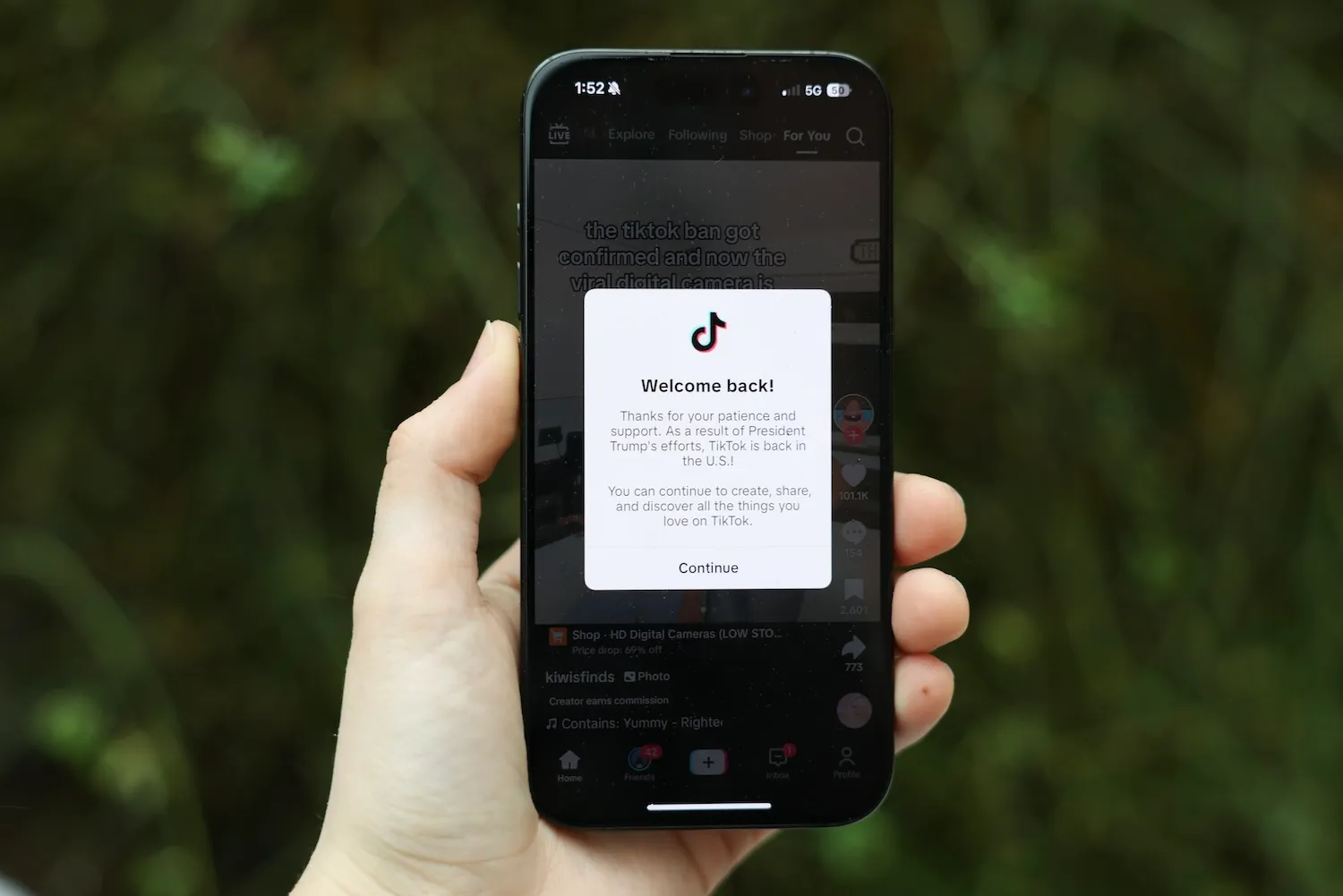The Uncertain Future of TikTok: A Play in the Hands of the CCP
As TikTok continues to dominate the social media landscape, it finds itself at a crossroads, facing growing scrutiny and regulatory challenges in various parts of the world. With the Chinese Communist Party’s (CCP) influence looming large, the platform’s future is precariously balanced on a tightrope of geopolitics, data privacy concerns, and user sentiment. What does this mean for one of the most popular social media platforms globally? Let’s dive into the complexities surrounding TikTok and explore what lies ahead.
The Rise of TikTok: A Global Phenomenon
Launched in 2016, TikTok quickly captured the hearts of millions, particularly among younger generations. The app’s unique algorithm promotes engaging short-form video content, enabling users to express creativity in ways unimagined before. With over 1 billion active users worldwide, TikTok has become a cultural staple, influencing trends in music, fashion, and even political discourse.
However, its meteoric rise has not been without challenges. TikTok’s parent company, ByteDance, is based in China, which has led to widespread concerns about data privacy and the potential for the CCP to exert influence over the platform. Given the Chinese government’s track record of surveillance and data control, many governments have raised alarms about user data being potentially accessible to Beijing.
Data Privacy Concerns and Regulatory Challenges
The uncertainties regarding TikTok’s future are compounded by increasing regulatory scrutiny. In recent years, various countries have initiated investigations into the app, focusing on how it collects and handles user data. For instance:
- United States: The Biden administration has continued to examine TikTok’s operations, with some lawmakers advocating for an outright ban, citing national security concerns.
- European Union: The EU has also expressed concerns, leading to investigations into TikTok’s data practices and potential violations of GDPR regulations.
- India: Following border skirmishes with China, India banned TikTok in 2020, citing national security risks.
These regulatory challenges are not merely political posturing; they represent a significant risk to TikTok’s operations. Should stringent regulations be imposed or outright bans enacted, the platform could face unprecedented hurdles that might stifle its growth and reach.
The CCP’s Influence: A Double-Edged Sword
One cannot discuss TikTok’s future without considering the influence of the CCP. In theory, the Chinese government has the power to access data from any company operating within its borders, including ByteDance. This possibility raises fears that the CCP could manipulate TikTok’s algorithm to serve propaganda or censor information that contradicts its narrative.
Despite these concerns, the CCP’s relationship with TikTok is complex. On one hand, the government can exert pressure for compliance with its regulations. On the other hand, TikTok serves as a valuable tool for cultural diplomacy, showcasing Chinese culture to the world and allowing the government to project a softer image abroad.
Users’ Perspectives: Trust and Engagement
While the political landscape is fraught with tension, user sentiment plays a crucial role in TikTok’s future. Many users appreciate the platform for its entertainment value, community engagement, and creative avenues it offers. However, trust issues loom large, particularly concerning data security. A survey conducted in 2022 revealed that:
- Approximately 60% of respondents expressed concerns about their data privacy on TikTok.
- Over 50% indicated they would consider deleting the app if stricter regulations were imposed.
This push-and-pull between user engagement and trust presents a dilemma for TikTok. The platform must navigate these concerns while continuing to provide the content users love. The introduction of transparent data practices and enhanced privacy controls may be essential to regain user trust.
Potential Futures: Scenarios for TikTok
Given the multifaceted challenges facing TikTok, several potential futures could unfold:
1. Compliance and Adaptation
If TikTok can effectively address regulatory concerns and adapt its data practices to align with international standards, it may continue to thrive. This would require:
- Implementing robust data protection measures.
- Establishing transparency reports to build trust with users and regulators.
- Engaging with policymakers to demonstrate its commitment to ethical practices.
2. International Expansion and Decoupling
In a more aggressive approach, TikTok could explore local partnerships or even spin-offs in key markets to mitigate geopolitical risks. This strategy would allow the platform to operate more independently while addressing concerns about Chinese influence.
3. Decline and Exit
If TikTok fails to navigate the regulatory landscape successfully, it could face significant declines in user engagement and possibly exit major markets. Such a scenario would not only impact ByteDance financially but could also lead to a vacuum in the social media space that competitors might rush to fill.
The uncertain future of TikTok represents a broader narrative about technology, governance, and user trust in an increasingly polarized world. The interplay between the CCP’s influence, regulatory challenges, and user sentiment creates a complex web that TikTok must navigate. As the platform continues to evolve, its ability to adapt to these challenges will determine whether it emerges stronger or falters under scrutiny.
While the path ahead may be fraught with obstacles, there remains an optimistic perspective. TikTok has the potential to innovate and adapt, leveraging its unique position in the social media landscape. By prioritizing user trust and embracing transparency, TikTok can secure its future and continue to captivate audiences worldwide.
See more Future Tech Daily

